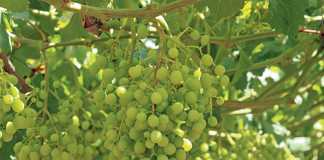
Photo: FW Archive
The supply of eggs has somewhat recovered from the shocks of the highly pathogenic avian influenza (HPAI) that wiped out 30% of South Africa’s poultry flock in 2023. Prices however remain high, showing a 66% increase from the start of last year.
Currently, a pack of six large eggs will set consumers back R25, with the free-range counterpart going for around R30.
The Animal Health Directorate in the Department of Agriculture, Land Reform and Rural Development (DALRRD) released a progress report on the HPAI outbreak late last year, which put the total number of chickens culled between April and November at 8,25 million. This includes both layer hens and broilers.
During October and November, culling slowed to 750 000 as the virus subsided, after peaking in September 2023.
The higher egg prices amid lower supply have not made up for losses experienced as a result of myriad challenges facing the poultry industry last year. This includes bird flu, load-shedding and high input costs.
Two of South Africa’s biggest poultry producers, Astral and Quantum Foods, reported losses during the last financial year. For the latter, this was the company’s first annual loss since 2014.
For the medium term, prices are expected to remain high as the national flock needs at least 18 months to reach production levels equal to that before the virus broke out last year.
South African Poultry Association CEO Izaak Breitenbach said the industry would require 100 million fertilised eggs to rebuild capacity to reach 27 million layer hens. So far, permits for only nine million fertilised eggs have been issued.
While the virus has abated for now, a dark cloud still looms over the industry as a vaccine for the H7 avian influenza strain is yet to be released.
While DALRRD reports that good progress is being made with the development of a local vaccine, it will still take some time to gather all the required information to support registration.












